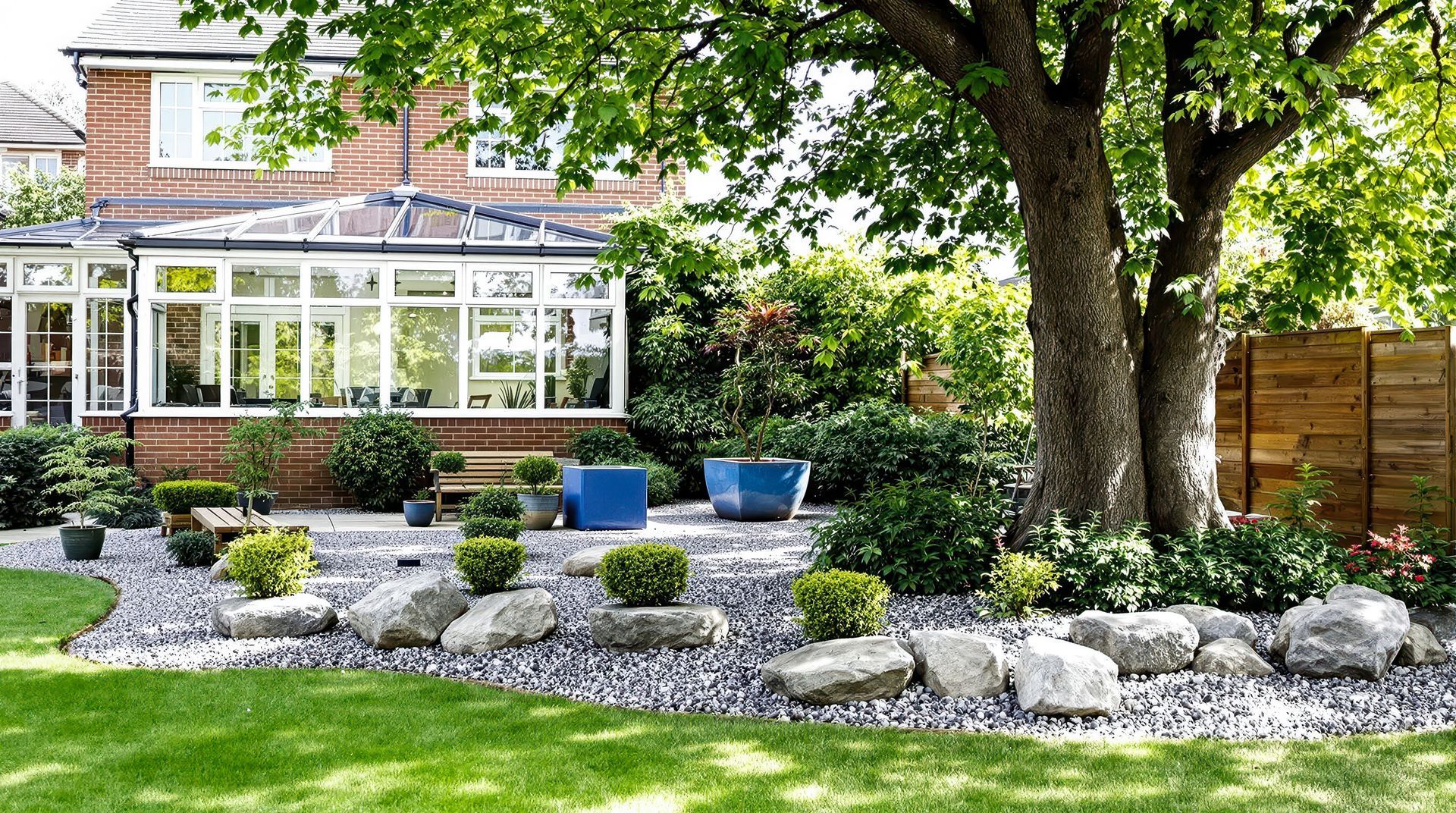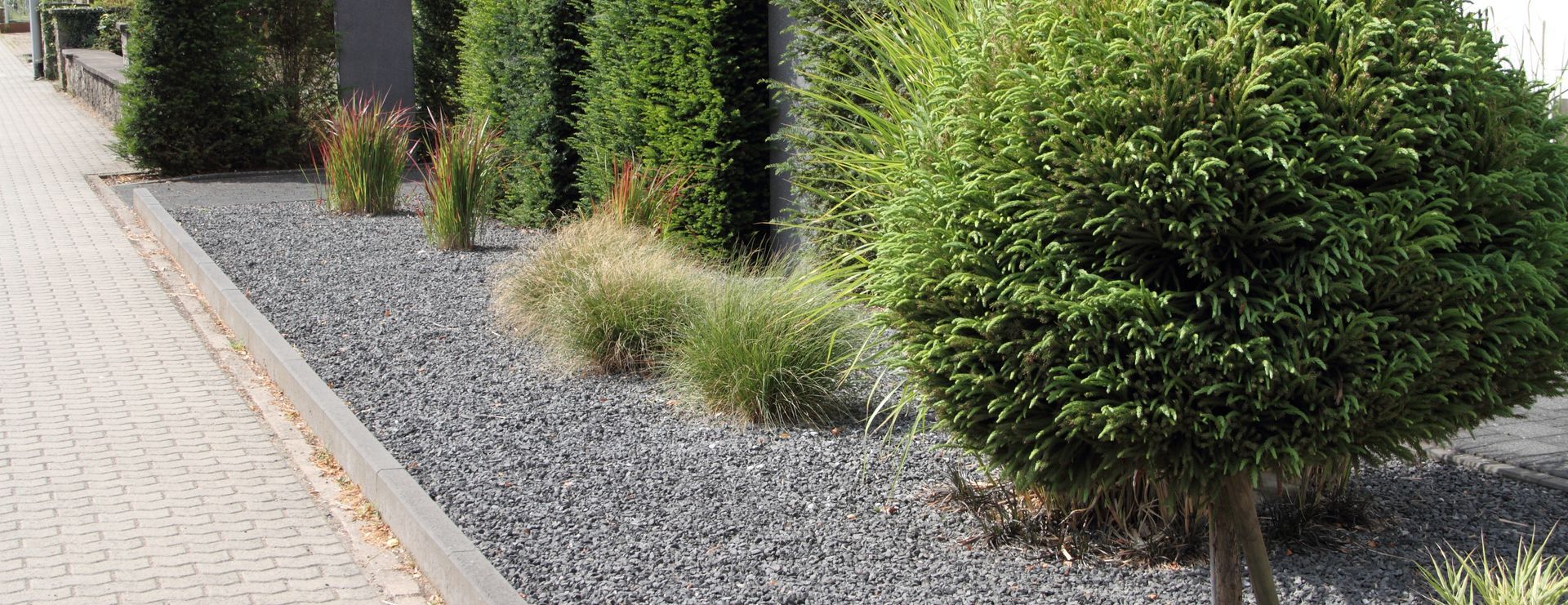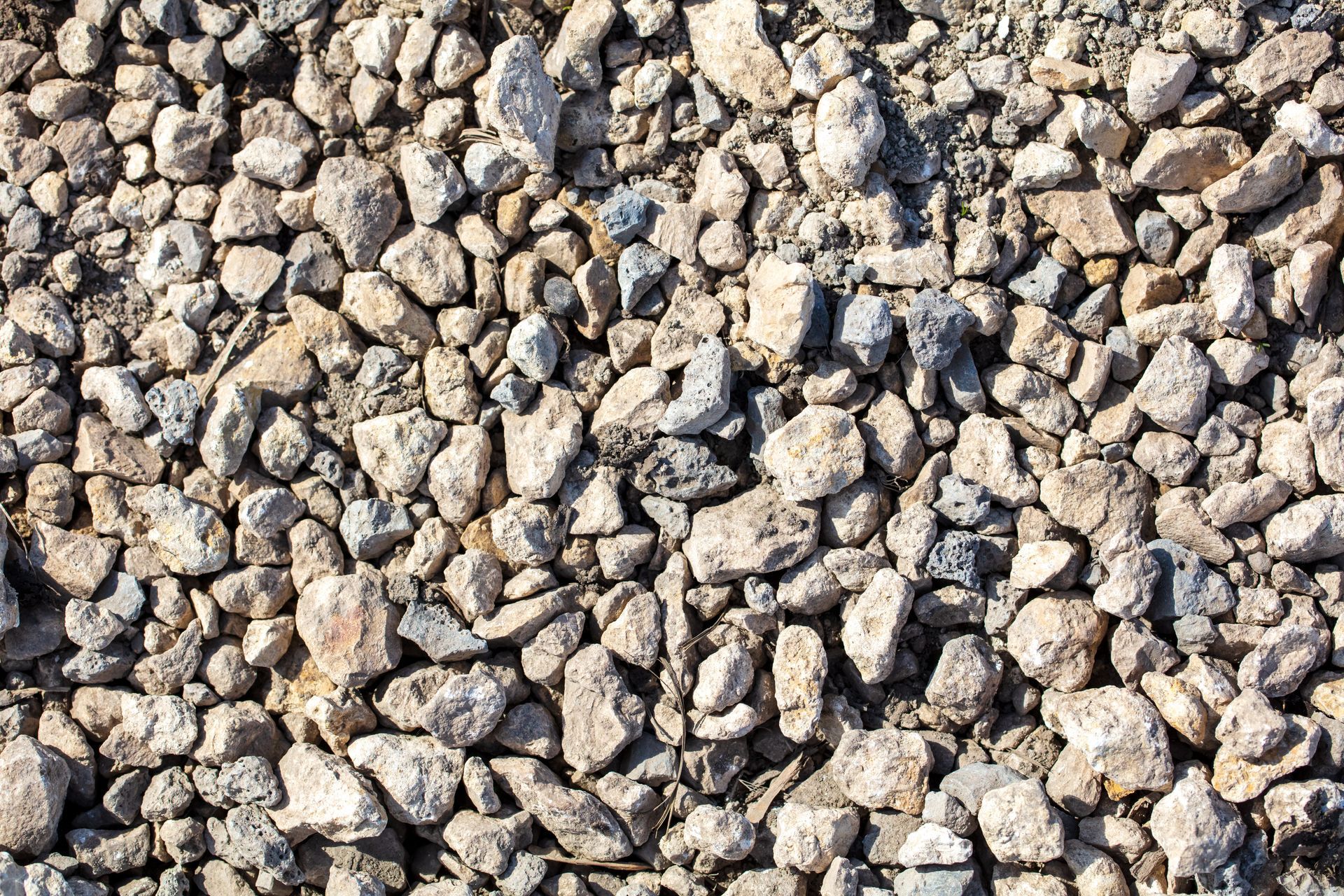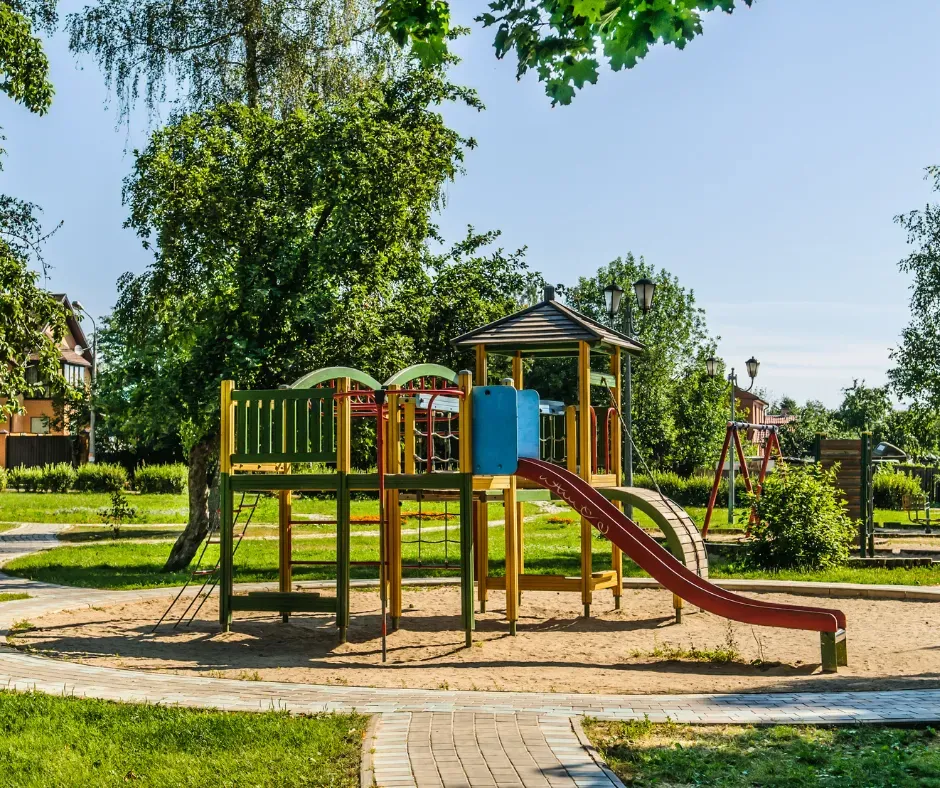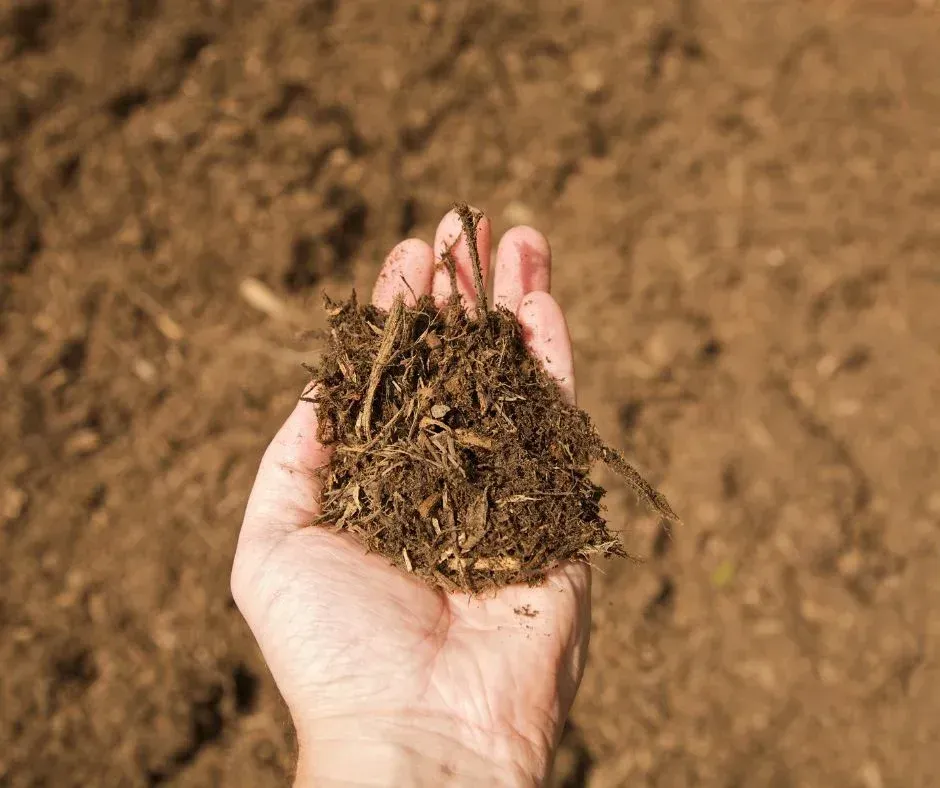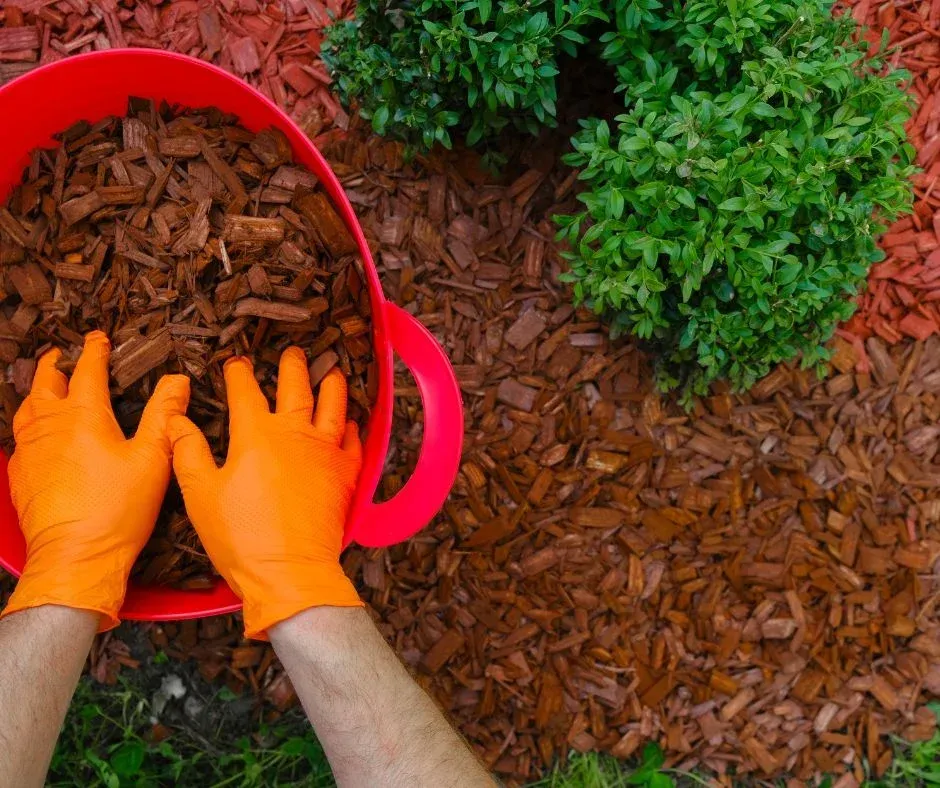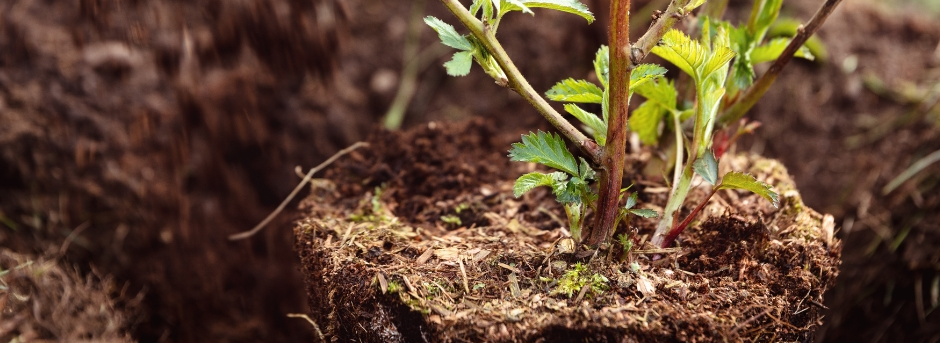Using Mulch to Regulate Soil Temperature and Prevent Erosion

Mulch is a versatile tool in gardening and landscaping that serves multiple purposes beyond just aesthetic appeal. One of its key functions is regulating soil temperature and preventing erosion. By understanding how mulch works and implementing it effectively, gardeners and landscapers can significantly improve soil health and plant growth while reducing erosion risks.
Regulating Soil Temperature:
Mulch acts as a natural insulator, helping to regulate soil temperature throughout the year. During hot summer months, mulch provides a barrier that reduces soil temperature by shading the soil surface and minimizing moisture evaporation. This protects plant roots from heat stress and helps retain soil moisture, promoting healthier plant growth.
In colder seasons, mulch serves as a protective layer that insulates the soil, preventing rapid temperature fluctuations. This insulation helps to maintain more stable soil temperatures, which is especially beneficial for plants sensitive to frost and freezing temperatures. Additionally, a consistent soil temperature promotes microbial activity, essential for nutrient cycling and overall soil health.
Mulch and Soil: Preventing Erosion
Erosion is a natural process accelerated by factors such as rainfall, wind, and slope. Exposed soil is particularly susceptible to erosion, leading to loss of topsoil, nutrient depletion, and damage to plant roots. Mulch acts as a protective barrier, reducing the impact of erosive forces and stabilizing the soil structure.
Organic mulches, such as wood chips, straw, or shredded leaves, form a dense layer on the soil surface, effectively preventing raindrops from directly hitting the soil. This helps to minimize soil compaction and surface crusting, which can impede water infiltration and root growth. By slowing down water movement and promoting infiltration, mulch reduces runoff and soil erosion, preserving soil fertility and structure.
In addition to preventing water erosion, mulch also helps control wind erosion by anchoring soil particles and reducing the velocity of wind across the soil surface. This is particularly crucial in open areas or regions prone to strong winds, where soil erosion can be significant.
Best Practices for Mulching:
To maximize the benefits of mulch in regulating soil temperature and preventing erosion, it's essential to apply it correctly:
- Apply a layer of mulch 2-4 inches thick, ensuring even coverage around plants and across bare soil.
- Leave a small gap between the mulch and plant stems or tree trunks to prevent moisture buildup and potential rot.
- Replenish mulch as needed to maintain the desired thickness, especially after heavy rainfall or decomposition.
- Use organic mulches that decompose over time, adding organic matter to the soil and improving its structure.
- Avoid compacting mulch layers, as this can hinder water and air movement within the soil.
Mulch is a valuable resource for gardeners and landscapers, offering numerous benefits beyond its decorative appeal. By effectively regulating soil temperature and preventing erosion, mulch plays a crucial role in maintaining soil health, promoting plant growth, and preserving natural landscapes. By incorporating mulching practices into gardening and landscaping routines, individuals can create more resilient and sustainable outdoor environments.
